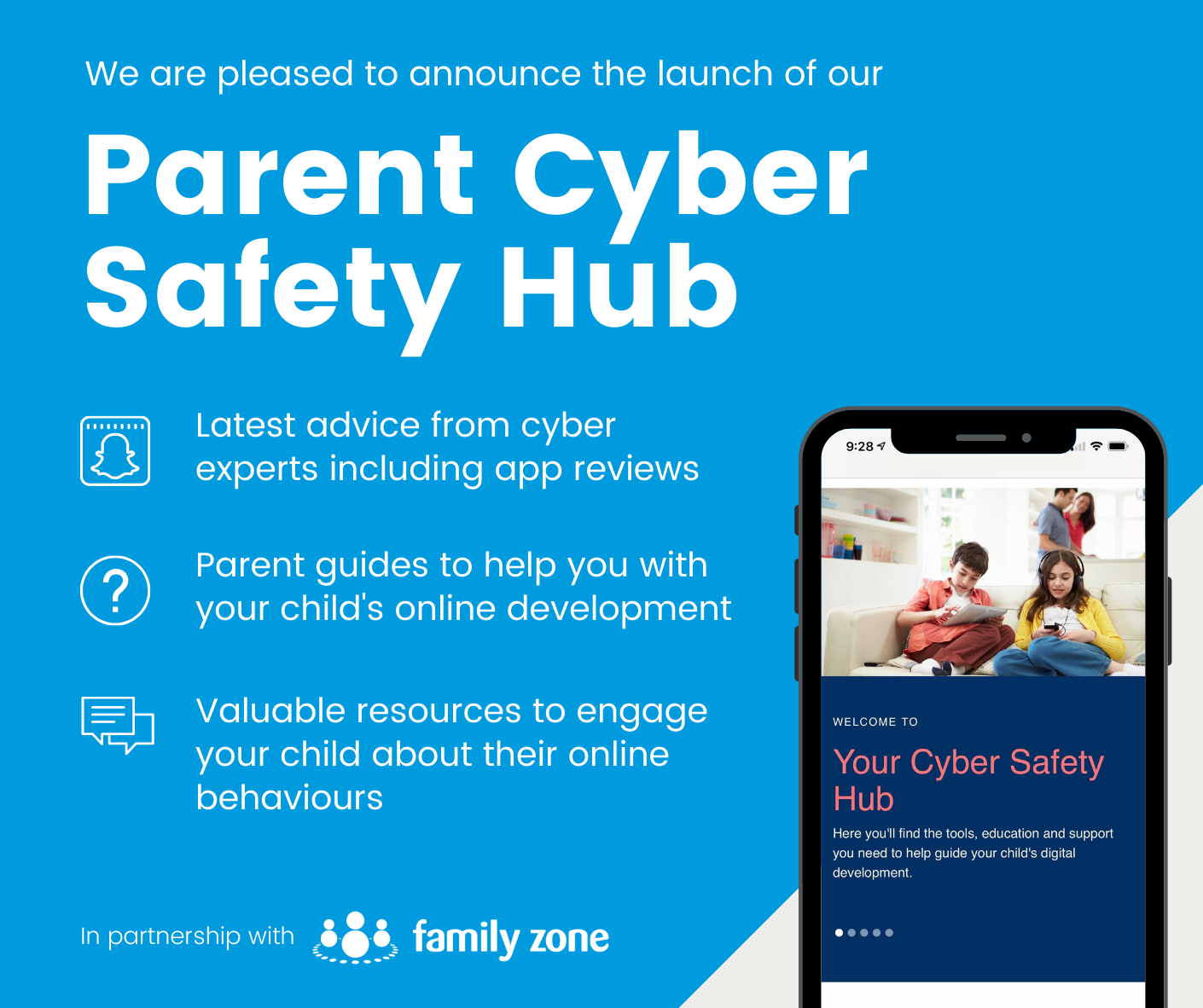Cyber Safety

Does your child have trouble focusing? Welcome to the club
As a parent, you may feel in your gut that too much screen-time is shrinking your child’s attention span ... for everything but that favourite game or social media site, that is.
But what does the science say?
In a nutshell, it says “trust your gut.”
Research shows that kids aged five and younger whose daily screen-time averages two or more hours a day are at eight times the risk of developing focus-related conditions. And yes, that includes ADHD.
So how, and why, does this happen?
Attention researchers point out that screen content is not only highly stimulating and immediately gratifying - it is frantically changeable, with images skipping around rapidly every few seconds.
When kids’ brains grow used to that level of visual interest, the real world feels pretty dull by comparison. Focusing on visually bland stimuli - a page of print, for example - may prove difficult. Even impossible.
“When a child spends too much time on screens being constantly rewarded, it can become hard to exercise directed attention doing the tasks that aren’t as fun but are necessary in life."
In fact, for a kid accustomed to the rapid pace and vibrant colours of the online world, anything else - including meals, conversations, and offline play - may feel as stimulating as watching beige paint dry.
Automatic and directed attention
Experts explain that the brain makes use of two kinds of attention: automatic and directed. The automatic kind is our default mode, and it’s the one we use for “cheap” engagements - that is, the kind that are easily stimulating. The vast majority of screen content is processed in this mode.
Directed attention is employed when we have to concentrate, when tasks are difficult or just plain boring. Folding laundry, say, or doing your maths homework.
“When a child spends too much time on screens being constantly rewarded, it can become hard to exercise directed attention doing the tasks that aren’t as fun but are necessary in life,” explains Michael Manos, director of the ADHD Center for Evaluation and Treatment at the Cleveland Clinic.
Proof? Well, although researchers can’t be certain how our kids will be affected in later life, we do know that ADHD prevalence has risen by four percent over the past two decades. That may not seem like much - but experts say it’s a worrying increase.
How their brains are changing
And there is plenty of other evidence that screen-time is affecting our children’s brains. One recent study found preschoolers who were heavy device-users had less white matter - the brain tissue associated with learning ability.
Even e-books can have a corrosive effect. Studies are increasingly finding that when kids read animated on-screen stories, they experience a huge drop-off in the brain’s language networks. The visual processing areas go into overdrive.
Research like this indicates that hyper-engagement of visual networks can stifle children’s creativity, leaving them no room to “fill in the gaps” with their own imaginations.
Reference https://www.familyzone.com/anz/families/blog/does-your-child-have-trouble-focusing
Cyber Safety Hub
We are delighted to introduce you to a new resource made available to you through our partnership with Family Zone - our new school Cyber Safety Hub.
As you may already be aware, our partnership provides your family with access to the Family Zone tools to use at home with your children if you wish. The purpose of the Cyber Safety Hub is to complement those tools with practical guidance and information to further support you in engaging with your children in their digital development. These tools and resources also allow the school and parent body to work together on creating a holistic approach to guiding each student's online journey.
About the Parent Cyber Safety Hub
The Cyber Safety Hub includes resources to help your family better understand the different Family Zone tools available to you and how to use them, plus access to regular cyber safety events to help you stay informed about the latest digital trends.
Also, the Cyber Safety Hub provides expert advice from leading cyber experts, ySafe, on the most pertinent issues and frequently asked questions around platforms like TikTok, Fortnite, Instagram, and more. There are app reviews with age and safety recommendations, along with a range of guides to help ensure healthy boundaries around screen-time & gaming, plus step-by-step instructions for using parental controls and filtering out inappropriate content.
We are very excited to be able to offer you this level of expertise and support. We look forward to working closely with you as we develop the cyber safety conversation within our school community.


